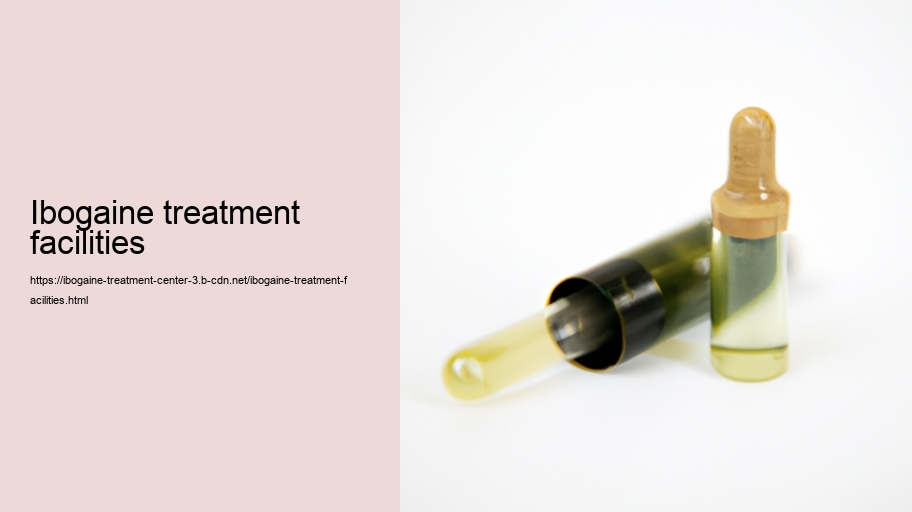Ibogaine Treatment Facilities: A Glimpse into Alternative Addiction Therapies
In the realm of addiction treatment, a myriad of methodologies exists, ranging from traditional 12-step programs to medically-assisted therapies. However, in recent years, a new form of treatment has been gaining traction and stirring debate within the medical community—ibogaine therapy. Derived from the iboga plant native to West Africa, ibogaine is a psychoactive compound that has been touted for its potential in treating addiction to substances such as opioids, alcohol, and stimulants. Ibogaine treatment facilities have emerged as sanctuaries offering hope to those who have found little success with conventional treatments.
At the heart of these facilities lies an unconventional approach grounded in both spirituality and science. The experience brought about by ibogaine is often described as deeply introspective and transformative, enabling individuals to confront their addictive behaviors from a profoundly altered state of consciousness. Proponents argue that this unique aspect can lead to significant breakthroughs unattainable through other means.
The journey begins with careful screening at reputable ibogaine treatment facilities. Due diligence is crucial since ibogaine can interact negatively with various medical conditions and substances; thus, ensuring candidates are suitable for this intervention is paramount for safety. Once cleared for treatment, individuals enter into a multi-stage process that typically starts with pre-treatment assessments followed by the administration of ibogaine under medical supervision.
During an ibogain session, which can last anywhere between 24-36 hours or more, patients are monitored closely as they undergo what many describe as a profound psychospiritual experience. This phase is marked by visions and personal insights that purportedly reveal underlying issues contributing to substance dependency. Following this intense period, there's an integration phase where patients reflect on their experiences with trained therapists who help them translate these revelations into actionable steps towards recovery.
Critics are quick to point out that despite anecdotal successes shared by those who've undergone the treatment, robust scientific evidence supporting ibogaine's efficacy remains scarce. Additionally, its legal status varies globally—with it being classified as a Schedule I controlled substance in countries like the United States due to concerns over its psychedelic nature and potential cardiac risks.
Nevertheless, many advocates believe that when conducted responsibly within well-regulated facilities outside regions where it’s banned (such as Mexico or Canada), it provides an invaluable lifeline—a chance at redemption for those ensnared by addiction's relentless grip.
Ibogaine treatment centers typically offer holistic services beyond the administration of the drug itself; nutritional support, psychological counseling, and aftercare planning are integral components designed to foster sustainable recovery post-treatment. The goal is not just temporary relief but rather initiating a long-term healing trajectory that addresses both physiological dependencies and emotional traumas.
It should be emphasized that embarking on an iboga journey isn't akin to flipping a switch curing addiction instantaneously—it requires commitment and ongoing effort post-therapy. Recovery is viewed as an enduring process wherein iboga serves as a catalyst rather than a standalone solution.
In conclusion, while still shrouded in controversy and skepticism largely due to limited research data available today coupled with legal barriers impeding clinical trials—the existence of ibogaine treatment facilities reflects an evolving landscape in addiction therapy exploring alternative pathways toward healing. As our understanding deepens through future studies shedding light on its mechanisms and outcomes—one thing remains clear: For some individuals battling addiction's unyielding hold—iboga may represent not just another option but perhaps their only hope for reclaiming control over their lives.
